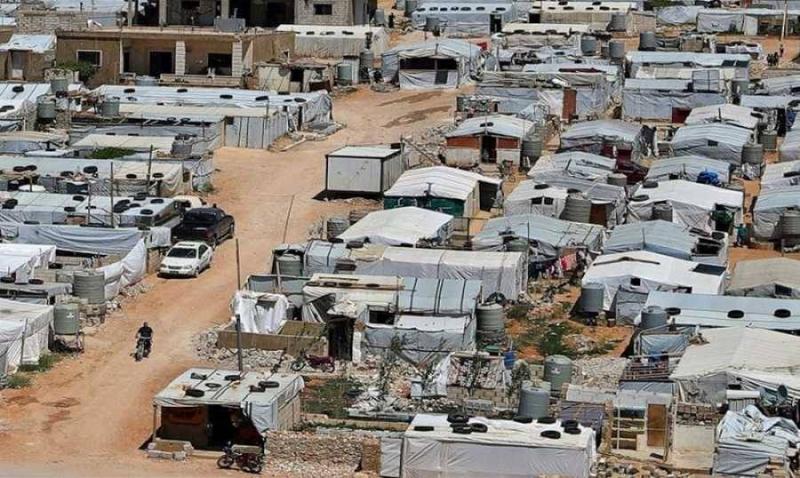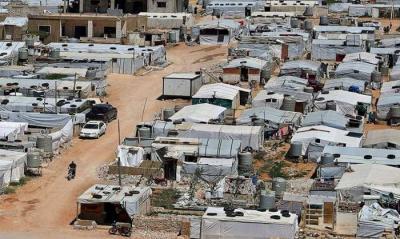The representative of the United Nations High Commissioner for Refugees (UNHCR) in Lebanon, Ivo Freisen, visited the town of al-Qaa, leading a delegation that included Bekaa region officer Margaret Nowak, program officer Gordana Popovic, protection officer Samar Osman, and UNHCR activities coordinator Paul Sawaya, to gauge the local authority's perspective on the issue of Syrian displaced persons.
The delegation held a meeting with the mayor, lawyer Bashir Matar, who outlined the violations committed by Syrians regarding registration for multiple wives, entries and exits to and from Syria, participation in Syrian presidential elections, and the issuance of judicial rulings against some individuals, all without their expulsion from Lebanon or the revocation of their displaced status by the UNHCR.
Matar stated that "all these facilitations and the neglect of enforcing laws by the state and the UNHCR strengthen their presence in Lebanon and lure others in search of work and material benefits." He explained to the delegation that "displaced persons fall into three categories: persecuted displaced persons, who are the least numerous; others who entered Lebanon for economic reasons; and the last category is those supported by the regime, which is the most dangerous."
He warned about "the precarious situation in al-Qaa and in Lebanon overall, regarding demographics, and the exploitation of displaced persons that may threaten national security and serve agendas for foreign entities, especially under current conditions," cautioning against "the dangers of integrating displaced persons by registering Syrian women married to Lebanese men with the UNHCR for financial benefits, in addition to exploiting the residency privileges of the spouses and children of Lebanese women to compete with Lebanese people in the job market and land purchases, in addition to the forgery of thousands of registration cards by Syrians."
Matar urged the UNHCR representative to "support the army and security agencies logistically and financially to maintain the safety of both Lebanese and Syrians, prevent illegal entry, enforce laws, and suspend aid to Syrian displaced persons as a precursor to their return to their homeland, in order to protect Lebanon's demographics, security, and stability that are severely threatened."
For his part, the UNHCR representative explained the organization's perspective and role, emphasizing cooperation with the Lebanese state and working within an agenda that aligns with theirs, considering that "the decline in funding from donor entities will adversely affect the displaced persons file."




